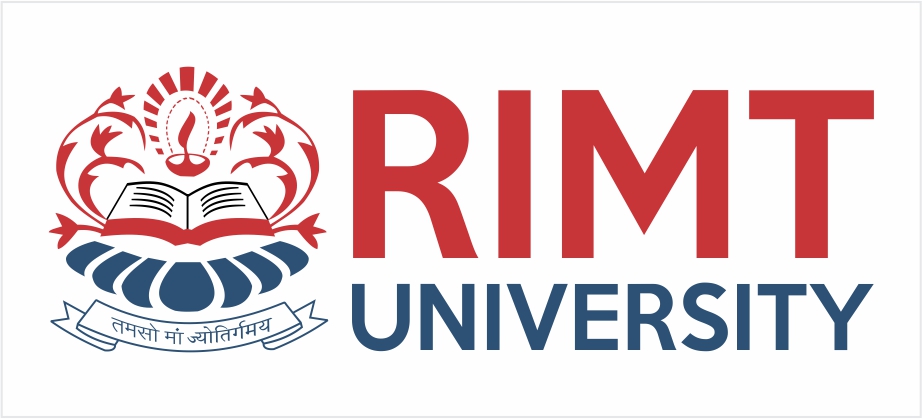About Programme
It is a post graduate mathematics programme and it is career orienting in nature. The course helps to train the innovative minds in the latest developments in mathematics as applicable in the field of modern inventions and discoveries. In this degree, candidates get a deeper knowledge of advanced mathematics through a vast preference of subjects such as geometry, calculus, algebra, number theory, dynamical systems, differential equations, etc. The students become more skilled and specialized in a particular subject after the master degree program. In this course, students learn to collect big data and analyze them with the help of different tools and methods.
Eligibility & Admission
Pass in Graduation with Mathematics as one of the subject.
| PROGRAM FEE | AMOUNT |
|---|---|
| Application Fee (One Time) | 1,000/-INR |
| Registration Fee (One Time) | 15,000/-INR |
| Security (One Time – Refundable) | 8,000/-INR |
| Semester Fee | 42,000/-INR |
Scholarship
| Marks in Graduation | Scholarship Per Semester | Applicable Fee After Scholarship Per Semester |
| 60% / 6CGPA and Above | 30% | 29,400/-INR |
| Disability Level | Scholarship Per Semester | Applicable Fee After Scholarship Per Semester |
| 90% & Above 90% | 30% | 29,400/-INR |
| 75% & Below 90% | 20% | 33,600/-INR |
| 50% & Below 75% | 10% | 37,800/-INR |
| Category | Scholarship Per Semester | Applicable Fee After Scholarship Per Semester |
| Wards of Param Veer Chakra | 30% | 29,400/-INR |
| Winners of Maha Veer Chakra | 20% | 33,600/-INR |
| Winners of Veer Chakra | 10% | 37,800/-INR |
| Work Tenure | Scholarship Per Semester | Applicable Fee After Scholarship Per Semester |
| More than 5 years continuous service | 30% | 29,400/-INR |
| 1 Year – 5 Years continuous Service | 20% | 33,600/-INR |
| Category | Scholarship Per Semester | Applicable Fee After Scholarship Per Semester |
| Single girl child | 20% | 33,600/-INR |
| Category | Scholarship Per Semester | Applicable Fee After Scholarship Per Semester |
| Parentless | 30% | 29,400/-INR |
| Either fatherless or motherless provided the annual family income is less than 2.5 lakh | 20% | 33,600/-INR |
Programme Education Objectives (PEOs)
- PEO1 Apply their knowledge in modern industry or teaching, or secure acceptance in high Quality graduate programs in mathematics.
- PEO2 Development in their chosen profession and progress toward an advanced degree.
- PEO3 The trust and respect of others as effective and ethical team members.
- PEO4 Graduates will become effective collaborators and innovators, leading or participating In efforts to address social, technical and business challenges.
- PEO5 Promote the culture of interdisciplinary research among all disciplines and applied mathematics.
Programme Outcomes (POs)
- PO1 Inculcate critical thinking to carry out scientific investigation objectively without being biased with preconceived notions.
- PO2 Equip the student with skills to analyze problems, formulate a hypothesis, evaluate and validate results, and draw reasonable conclusions thereof.
- PO3 Prepare students for pursuing research or careers in industry in mathematical sciences and allied fields.
- PO4 Imbibe effective scientific and technical communication in both oral and writing.
- PO5 Continue to acquire relevant knowledge and skills appropriate to professional activities and demonstrate highest standards of ethical issues in mathematical sciences.
Programme Specific Outcomes (PSOs)
- PSO1 Provide knowledge of a wide range of mathematical techniques and application of mathematical methods/tools in other scientific and engineering domains.
- PSO2 Prepare and motivate students for research studies in mathematics and related fields.
- PSO3 Understanding of the fundamental axioms in mathematics and capability of developing ideas based on them.
Career Prospects
The post-graduate in Mathematics have a deep knowledge of pure and applied mathematics subjects. They have developed problem-solving and reasoning skills over time so these things help in considerably improve the chances of being hired in the research field. Students can get a chance in the financial sector and the government sector. They will be the best for the work profile of analytic science consultant, actuarial analyst, database manager, external auditor, data analyst, customer coordinator, credit analyst, and quantitative risk analyst. Students can choose the teaching field and become a professor in government and private colleges. Secondary school teacher, technical subject matter experts, academic coordinator, middle school teachers, and science teachers are also earning good amount after their post-graduate degree.
After completing a postgraduate degree in mathematics, students can opt for higher studies. They can go in the research field and pursue PhD in mathematics. There are a large number of colleges and institute which offers this course. The eligibility criteria for admission in this course, students have to qualify for the Council of Scientific & Industrial Research – National Eligibility Test (CSIR – NET), University Grant Commission – National Eligibility Test (UGC – NET). Some college considers Gate Aptitude Test Engineering (GATE) and National Board for Higher Mathematics (NBHM).
